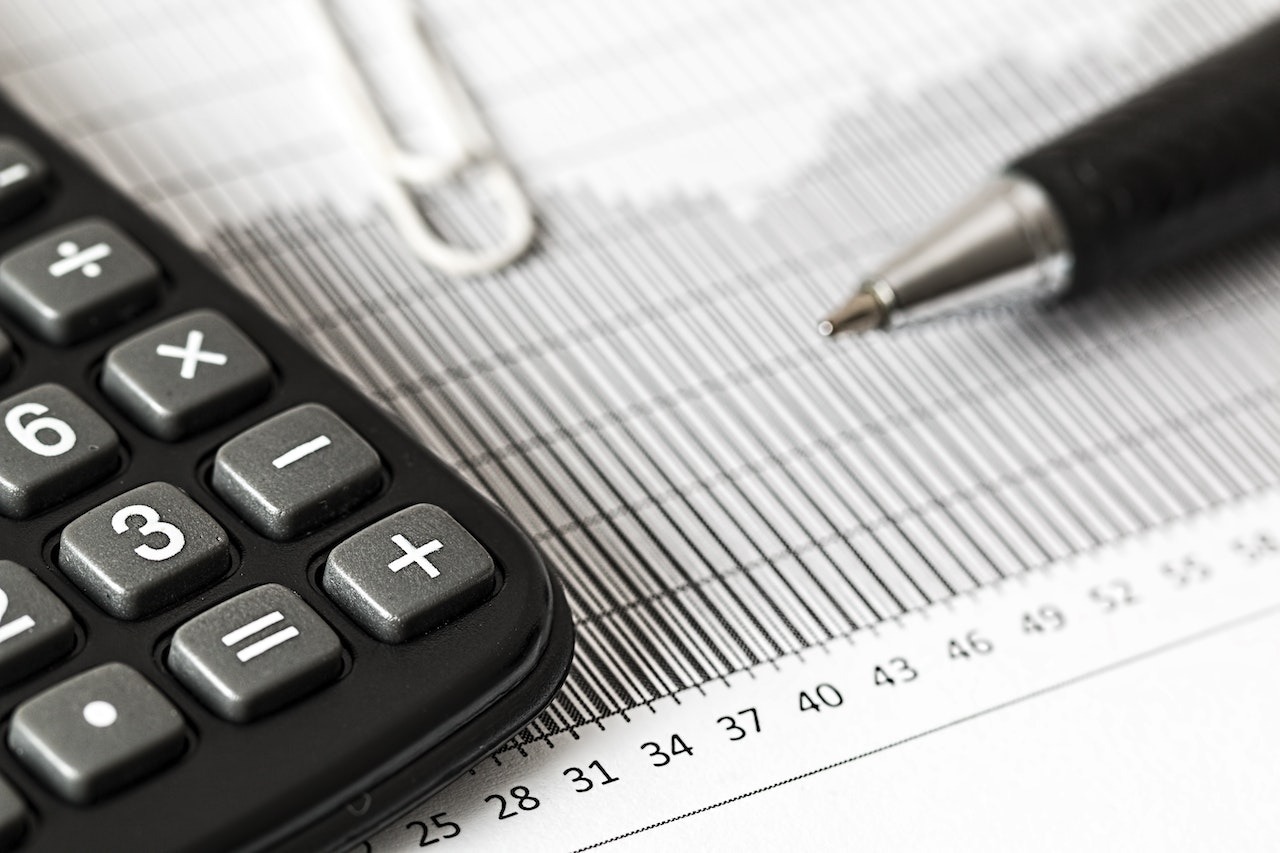
Advantages of Online Pay stubs for the Self Employed
There are many people in the US who are self employed. They range from doctors, lawyers and architects to freelance writers and chartered accountants. Being ...
Feb 13, 2015!A Guide to Small Business Accountinghttps://checkstubmaker.com/wp-content/uploads/2019/11/small-business-accounting-300x200.jpg If you have owned a business...

 If you have owned a business, or are just about to dive into launching a business, you have probably realized rather quickly that there is no shortage of details to consider — along with a growing to-do list.
If you have owned a business, or are just about to dive into launching a business, you have probably realized rather quickly that there is no shortage of details to consider — along with a growing to-do list.
One of the most important details to understand is the small business accounting practices that you will implement into your business. This includes tracking revenues, expenses, and profits. It will help you measure things that work and things that don’t and measure how you can further grow your business. It may be easy to record on your own your bookkeeping, but can be hard to continue or keep up as your company grows.
With our customers in mind, we have created a basic guide to small business accounting to help ensure your success and help you make better business decisions.
In order to dive deeper into the basics, you have to know what accounting is.
Accounting is the language of business. It is the method of measuring, processing and communicating financial data. When a business owner uses accounting, it helps them know data about the company’s resources, finances and the results the business provides for its customers. The purpose of accounting is to record the company’s financial affairs, including the cash you have and the cash you received. This information is important because it helps with providing financial statements and other indicators of the health of your company and preparation of taxes.
Now that we know the significance of small business accounting, here are some steps you can take to keep your business financials in order.
After you’ve legally registered your business (and if you haven’t this should be the first step that you do), you will need a place to stash your business income - and no, buried in your backyard is not an effective way to do this! This can be completed by creating a separate bank account because LLCs and corporations are legally required to have a separate account for business.
You should start by opening a business checking account and then a savings account that will help organize your funds and plan for taxes. A business credit card should be considered so that you can start building business credit.
Before you complete any of this, you should do your homework. Shop around for first what type of business you want to register as and then what business checking accounts are out there. In order to set up a business bank account, you are required to have a business name, be registered in the state you are in and have the documents to prove it.
Tracking your business expenses effectively is critical to the health and growth of your company. It helps monitor the growth of your business and keep track of deductible expenses and support what you report on your tax return.
Right when you start a business, you should establish a method or system for how you will organize receipts and records. There are companies that provide tracking and divide your receipts automatically from your bank account, or you could do it the old school way via filing.
You can divide your receipts in a variety of ways, but it helps to pay particular attention to out of town business traveling, vehicle-related expenses, gifts, and home office receipts. That way your expenses can be accurately reflected when you fill out a tax form and you’re not hunting down receipts from the previous year.
Having a bookkeeping system helps with tracking your business expenses, however, it is different from accounting. Bookkeeping is the day to day activity of recording transactions and categorizing them, whereas small business accounting is the high-level process in which you look at the business progress and make sense of the data that has been completed by bookkeeping.
There are a variety of methods and solutions to bookkeeping such as using bookkeeping software, calculating it on your own via an excel spreadsheet, outsource a bookkeeper locally or online. You can determine your bookkeeping solution based on what will best suit your company’s needs.
After all of your hard work as a small business owner starts becoming evident, and the sales come rolling in, you will have to find a way to accept payment to yourself. You can use a third-party payment processor, but there are typically fees based on each transaction you do. Or you can set up a merchant account which is a type of bank account that allows businesses to accept payments by credit or debit cards. What you think is best or more convenient for you and your business will help determine your decision on the method of how you get paid.
Once you have determined how you will see the profits of your business on your end, you have to ensure that the people you hire or employ get paid correctly. Trying to calculate a payroll can be laborious twice a month or however frequently you pay your employees while withholding the correct taxes. Here at Check Stub Maker, we have provided an easy to use software that calculates all the math for you that meets your federal and state tax regulations at a reasonable and great price.
We have made it super easy for you, so that all you do is put in information like salary or hourly pay and we calculate it into a pay stub and email a PDF copy, directly to your email!
Your tax obligations are dependent on the legal structure of your business. Are you an LLC? Or a partnership? If you are self-employed, you have to claim business income on your personal tax return. Corporations file taxes independently from the owners. This can determine how and when income tax has to be paid or withheld.
It may seem counterproductive to hire a financial consultant because of the expense to do so, but their input may help you in the long run. Small business financial experts can help with risk assessment and help in planning risk management strategies to make sure you business stay afloat in a harsh business environment.
Accounting for small businesses can be complex, but with our guide to small business accounting and Checks Stub Maker’s payroll tools, it doesn’t have to be.

There are many people in the US who are self employed. They range from doctors, lawyers and architects to freelance writers and chartered accountants. Being ...
Feb 13, 2015
In today's digital age, one question frequently pops up: Is there an online source to figure taxes with a check stub?
Oct 04, 2023
The Advantages of an Online Check Stub Maker------------------------------------------------There are many advantages to using online check stubs over the ol...
Feb 13, 2015